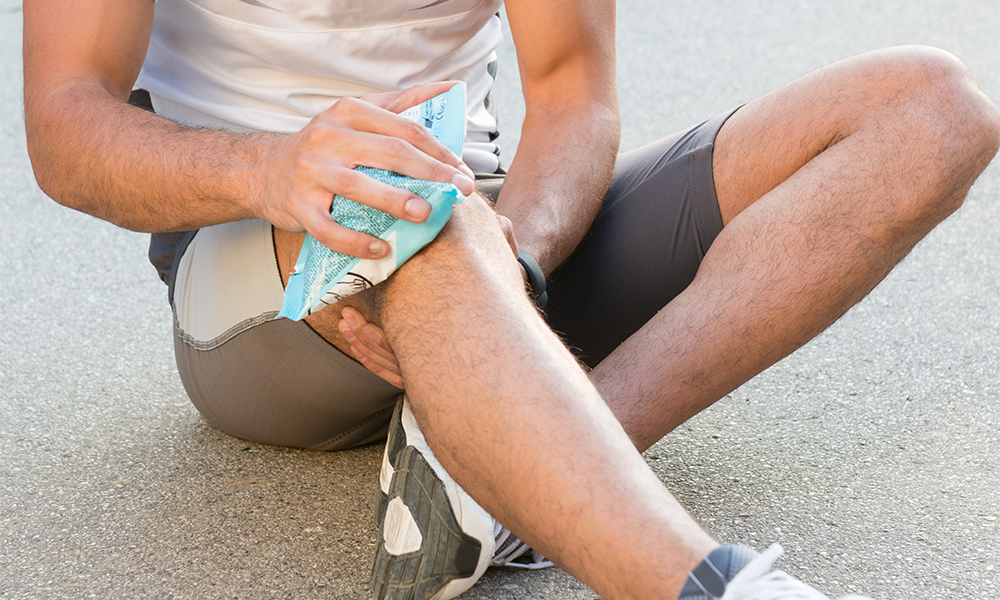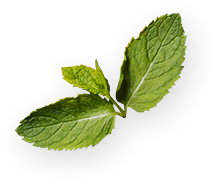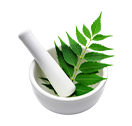Welcome to our Ayurvedic Store Deeksha Veda!
- Abhyangam
- About
- Ankylosing Spondylitis
- Anxiety
- Arthritis
- Ayurveda for Sports
- Back Massage
- Cart
- Checkout
- Consultaion
- Deha Prasadhanam
- Detox
- Detoxification
- Dhanyamla Dhara
- Diseases
- Eczema
- Eye Diseases
- Facial palsy
- FAQs
- Frozen Shoulder
- Hair and Beauty Care
- Head & Neck Massage
- Home One
- Indriya Prasadanam
- Infertility
- Insomnia
- Kati Vasti
- Kizhi
- Mano Prasadanam
- Mental Diseases
- Migraine
- Mukha Prasadanam
- Muscular Pains
- Nasyam
- Njavarakizhi
- Obesity
- Pada Abhyangam
- Pain Management
- Paralysis
- Parkinson
- Pizhichil
- Products
- Psoriasis
- Sciatica
- Services
- Shop
- Sinusitis
- Sirodhara
- Skin Diseases
- Snehapanam
- Spondylosis
- Stress Management
- Talapodichil
- Treatments
- Udwarthanam
- Weight Management
- Wellness
- Wishlist
- Wishlist

Ayurveda for Sports: Enhancing Performance, Preventing Injuries, and Aiding Recovery
Ayurveda has long been integrated into sports conditioning programs, providing athletes with natural and holistic ways to enhance their performance, prevent injuries, and aid in recovery. Ayurvedic therapies not only help athletes optimize their physical strength and endurance but also support mental calmness, focus, and alertness—key components for peak performance.
Three-Fold Objectives of Ayurveda in Sports
- Optimizing Performance:
Ayurvedic therapies work to enhance physical strength, flexibility, and stamina, enabling athletes to achieve peak performance levels. Treatments aim to improve the range of motion, strength, and endurance of muscles and connective tissues. - Reducing Injury Risk:
By focusing on muscle and joint health, Ayurveda helps to prevent overuse injuries, strains, and sprains. Preventive therapies ensure that athletes maintain muscle balance, improve flexibility, and enhance joint stability, reducing the risk of injury during intense training and competition. - Supporting Healing and Recovery:
In the event of an injury, Ayurvedic treatments accelerate healing by promoting blood circulation, reducing inflammation, and supporting tissue regeneration. Ayurveda’s holistic approach helps the body heal naturally while maintaining a balanced flow of energy.
Ayurvedic Therapies for Sports
- Abhyanga (Therapeutic Oil Massage):
A full-body massage using medicated oils that helps reduce muscle stiffness, improve blood circulation, and enhance flexibility. Abhyanga promotes faster recovery from strenuous activities and supports muscle strength. - Udwarthanam (Herbal Powder Massage):
This therapy involves the application of herbal powders to the body in an upward direction to enhance circulation, stimulate the muscles, and improve flexibility. It also helps reduce lactic acid build-up after exercise, aiding in faster muscle recovery. - Pizhichil (Warm Oil Therapy):
In Pizhichil, warm medicated oils are poured over the body in a continuous stream. This treatment relaxes the muscles, enhances circulation, and alleviates muscle cramps and soreness, making it ideal for post-competition recovery. - Kizhi (Herbal Pouch Therapy):
Herbal pouches filled with medicated herbs and rice are applied to the body to soothe sore muscles, reduce inflammation, and provide relief from stiffness. This therapy is particularly effective for muscle fatigue and joint pain. - Shirodhara (Oil Stream on the Forehead):
This calming treatment involves the pouring of warm oil over the forehead to induce a state of deep relaxation and mental clarity. Shirodhara helps athletes maintain mental calmness and focus, which is crucial for both training and competition. - Nasya (Nasal Therapy):
Nasya involves the administration of herbal oils through the nostrils. It helps improve mental clarity, focus, and alertness by stimulating the brain and clearing the nasal passages. This therapy supports cognitive function, a key factor in sports performance. - Swedana (Steam Therapy):
Swedana is a detoxifying therapy where the body is exposed to steam infused with medicinal herbs. This treatment helps open pores, flush out toxins, and reduce muscle stiffness, making it an excellent addition to recovery post-exercise or competition. - Raktamokshana (Bloodletting Therapy):
Used in cases of chronic injuries and muscle pain, Raktamokshana is a detoxification treatment that helps purify the blood, reduce inflammation, and speed up the recovery process by promoting circulation and healing of tissues.
Benefits of Ayurveda for Athletes
- Enhanced Muscle Flexibility and Strength:
Ayurvedic therapies improve muscle elasticity and strength, allowing for better performance in various sports. - Injury Prevention and Rehabilitation:
Regular Ayurvedic treatments reduce the likelihood of injuries by maintaining the health of muscles, joints, and connective tissues. In case of injury, Ayurveda aids in faster recovery and healing. - Improved Mental Focus and Clarity:
Ayurveda helps athletes stay mentally calm and focused, ensuring that they are able to maintain peak mental alertness during competition and training. - Reduction of Stress and Fatigue:
Ayurvedic treatments promote relaxation and recovery, helping athletes combat the physical and mental stresses associated with intense training regimens. - Detoxification:
Regular detox therapies remove accumulated toxins from the body, ensuring that athletes stay energized, healthy, and ready for optimal performance.
Conclusion
Ayurveda offers a well-rounded approach to sports medicine by addressing both physical and mental well-being. From enhancing performance to preventing injuries and supporting recovery, Ayurveda’s holistic therapies provide athletes with the tools they need to excel in their sport. Whether you’re preparing for a competition or recovering from one, incorporating Ayurvedic practices into your routine can help you maintain balance, strength, and endurance throughout your athletic career.






